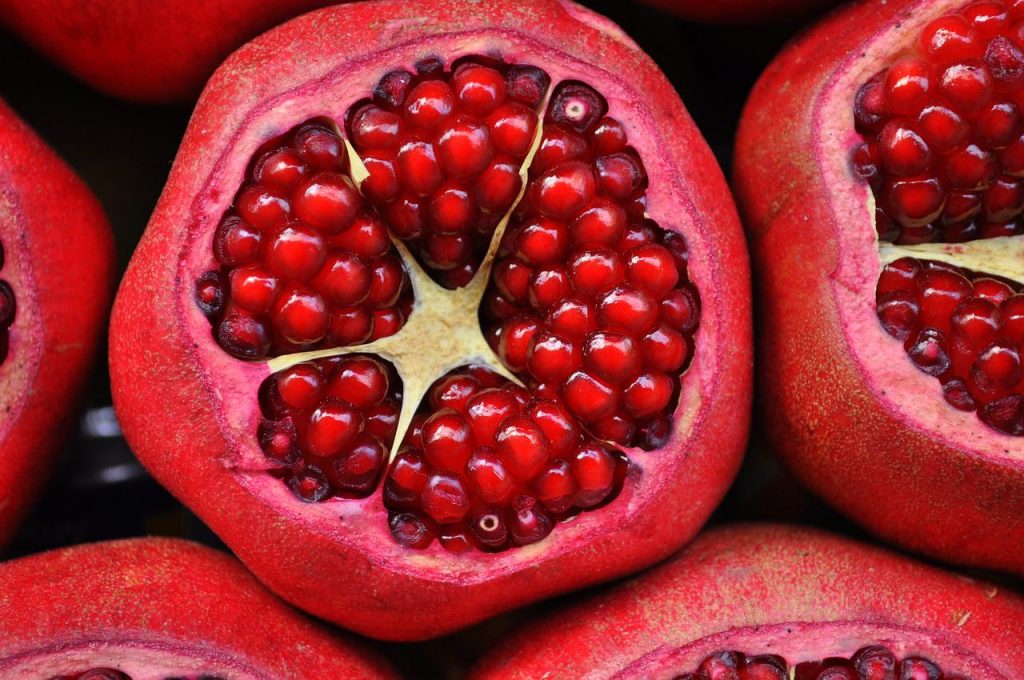Why a Vegan Diet is Better for the Planet
November marks World Vegan Month, which aims to shed light on veganism and the
reasons why more and more people are adopting a vegan diet. The Vegan Society
launched their Be AnimalKind campaign, which encourages people to reconnect with
their sense of compassion towards all animals and to learn how to live in alignment
with their values. Not only is a veganism kinder to animals, but it is also kinder to the
planet in many different ways. The Vegan Society has also relaunched their Plate Up
for the Planet campaign that encourages environmentally conscious people to take
the first step on their vegan journey using plant-based alternatives. They have
developed an eBook, packed with veganised classic recipes, tips, blogs and
products that will help on the journey. Download it for free on
Less Greenhouse Gas Emissions
production), but there is also a greater ‘carbon opportunity cost’ associated with it
because of the huge amounts of land it requires. This means that when land is used
for grazing animals, or growing animal feed, it could be land used for trees, which
would remove more carbon from the atmosphere.
Less Water Wastage
A vegan diet is also associated with less water wastage compared to an animal
product diet. While it is true that water is used for growing food consumed in a vegan
diet, this is less water than used in animal farming. This is because, in animal
farming, water is required for drinking, cleaning, sanitation, and growing crops for
animal feed. As such, a study from Oxford concluded that moving to a vegan diet
would reduce agriculture water use by an estimated 19%[2].
Less Water Pollution
Water pollution is a lesser discussed environmental consequence of animal farming,
but has a large impact on our ecosystem. As animal farming has a high demand of
feeding crops, it is associated with an increased use of fertilisers and pesticides,
which commonly contaminate waters. There are various adverse impacts as a result
of water contamination, but the main one that is discussed is eutrophication. This
refers to animal waste and fertiliser causing an imbalance in ecosystems, which
results in increased algae production. Now you may be thinking what is so bad about
this, but increased algae prevents light so leads to killing off of plant light, disturbs
water chemistry, makes them inhabitable for species and increases the toxicity of
water. According to a meta-analysis[2], it is estimated that a dietary shift to a more
plant based diet would reduce eutrophication, as well as acidification, which would
reduce destruction to oceans.
Less Deforestation
An estimated 40% of the total deforestation is caused by the expansion of grazing
pasture for cows, which could be prevented through consuming a vegan diet.
Second in line for deforestation causes is oil seed production, which includes soy
products. Now many people argue that consuming soy products, such as soy milk,
tofu, tempeh etc., is bad for the environment, because of this, however in reality 77%
of soy production is used for animal feed [4].
More Biodiversity
Agricultural land use is the main cause of biodiversity loss, and 77% of this land is
used for animal farming [3]. Fishing also reduces ocean biodiversity, and as the rate
of biologically unsustainable fishing has risen dramatically [1], reduced biodiversity is
set to increase in oceans.
Summary
In summary, it is clear that a plant–based diet is more environmentally friendly, and
with climate change becoming an increasing issue, It should be a priority to
encourage a more plant based diet. Although a vegan diet is associated with the
most environmental outcomes, it only takes a few small steps from everyone to
make a great difference. As nutrition professionals it’s our duty to get this information
out there, and to help support the public to make these changes without
compromising their health.
How can you help?
Contributors
I would like to give special thanks to The Vegan Society, in particular Chantal
Tomlinson, Tim Newthorpe, and Hannah Coyne, for their advice and support
throughout writing this blog.
References
[1] FAO (Food and Agriculture Organization of the United Nations). “The state of
world fisheries and aquaculture.” Meeting the sustainable development goals (2018).
[2] Poore, J. and Nemecek, T., 2018. Reducing food’s environmental impacts
through producers and consumers. Science, 360(6392), pp.987-992.
[3] Ritchie, H. and Roser, M., 2013. Land use. Our World in Data.
[4] Ritchie, H. and Roser, M., 2020. Environmental impacts of food production. Our
world in data.
